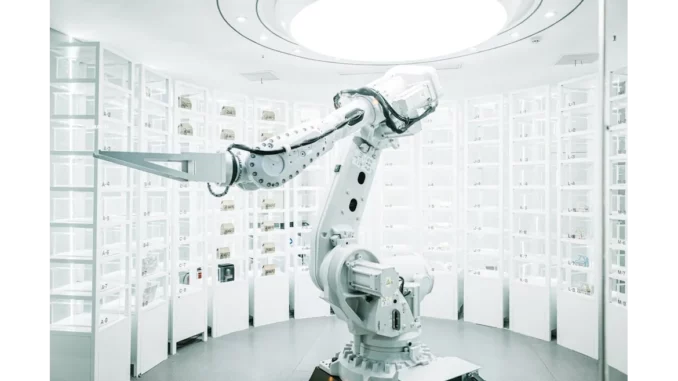
In the landscape of modern medicine, cardiovascular care has experienced a remarkable transformation with the integration of artificial intelligence (AI) into cardiac devices. This technological advancement is setting the stage for more personalised and efficient heart care, providing hope for millions suffering from heart-related conditions. The introduction of AI-enhanced cardiac devices marks a significant departure from traditional methods, focusing on real-time monitoring and adaptive therapeutic interventions that cater to the unique needs of each patient.
Historically, cardiac devices such as pacemakers and defibrillators have played a crucial role in managing heart conditions. However, these devices typically function on predetermined settings and lack the flexibility to respond to the ever-changing nature of cardiac health. In contrast, AI-driven cardiac devices are designed to be adaptive, continuously learning and adjusting in response to the patient’s condition. By processing real-time data, these devices can optimise therapy delivery, ensuring that treatments are precise and evolve in tandem with the patient’s health needs.
For example, AI-powered implants have the capability to detect fluctuations in heart rhythms and adjust their interventions accordingly. This functionality is particularly advantageous in managing conditions like arrhythmias and heart failure, where timely and accurate interventions can significantly improve patient outcomes. The continuous monitoring and adaptive response of these devices provide round-the-clock care, offering reassurance to both patients and healthcare providers.
Beyond implantable devices, wearable cardiac monitors have gained substantial traction in recent years. These devices, often designed as smartwatches with electrocardiogram (ECG) capabilities, enable continuous, non-invasive tracking of heart health. The incorporation of AI in these wearables enhances their diagnostic potential, delivering actionable insights that extend beyond traditional clinical settings. The global market for cardiovascular devices mirrors this trend, with projections indicating robust growth. Industry estimates suggest a valuation of $84.8 billion in 2023, expected to soar to $140 billion by 2033, highlighting the escalating demand for personalised and real-time health management solutions.
Nevertheless, alongside the promising advancements, integrating AI into cardiac care presents its own set of challenges. Demonstrating the efficacy of these technologies through rigorous clinical trials is essential. Moreover, achieving cost-effectiveness and ensuring global accessibility are critical hurdles that must be addressed. As the adoption of AI-driven cardiac devices accelerates, overcoming these challenges will be paramount in establishing a new standard in personalised medicine.
The future of cardiac care is poised on AI’s capacity to seamlessly integrate monitoring and therapy. By harnessing AI’s potential, healthcare providers can deliver more precise and individualised care, ultimately improving patient outcomes in one of the most vital areas of healthcare. The advances in AI-driven cardiac devices signify a paradigm shift in cardiovascular care, offering a more personalised and adaptive approach to heart health management. As technology continues to evolve, the potential for these devices to enhance patient outcomes and redefine standards of care is immense.
In embracing these innovations, the medical community has the opportunity to pave the way for a future where personalised heart care is not merely an aspiration but a reality. Through collaborative efforts to surmount existing challenges, AI-driven cardiac devices could soon become a cornerstone of cardiovascular health, heralding a new era of medical excellence and patient empowerment.


Be the first to comment